I have a RESTful service which have being written using Node.js. If I open http://localhost:5000/links in the browser I will get the collection of links:
[{"_id":"5597f5d3e9a768531c07468a","uri":"http://google.com","title":"google","__v":0,"tags":["one","two"]}]
I need to get this collection from backbone application:
(function () {
var Link = Backbone.Model.extend({});
var LinkCollection = Backbone.Collection.extend({
model: Link,
url: 'http://localhost:5000/links'
});
var links = new LinkCollection();
links.fetch();
console.log(links);
console.log(links.length);
})();
Here is a console:

I can see my object the right side of the console (c3.attributes). But why the length of collection is zero? And how can I get this object?